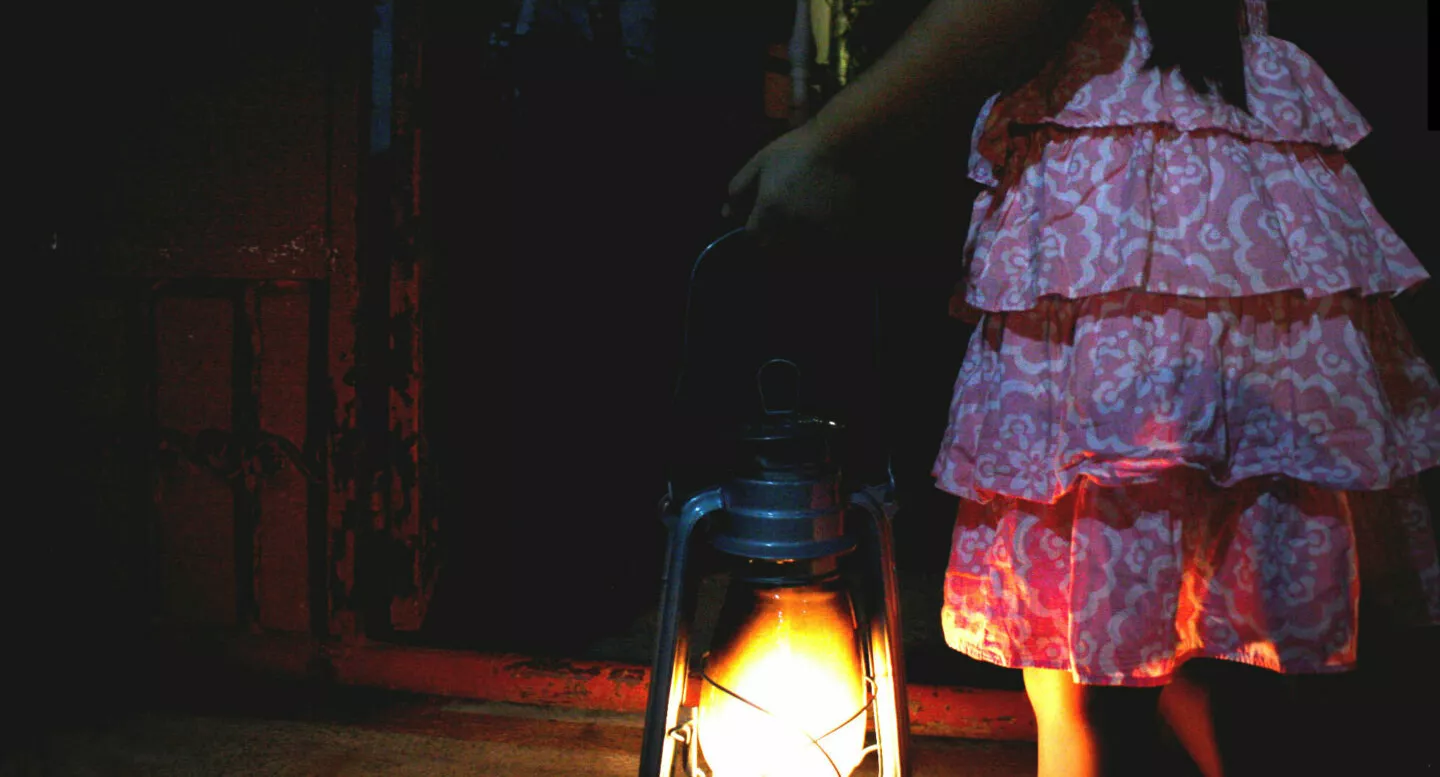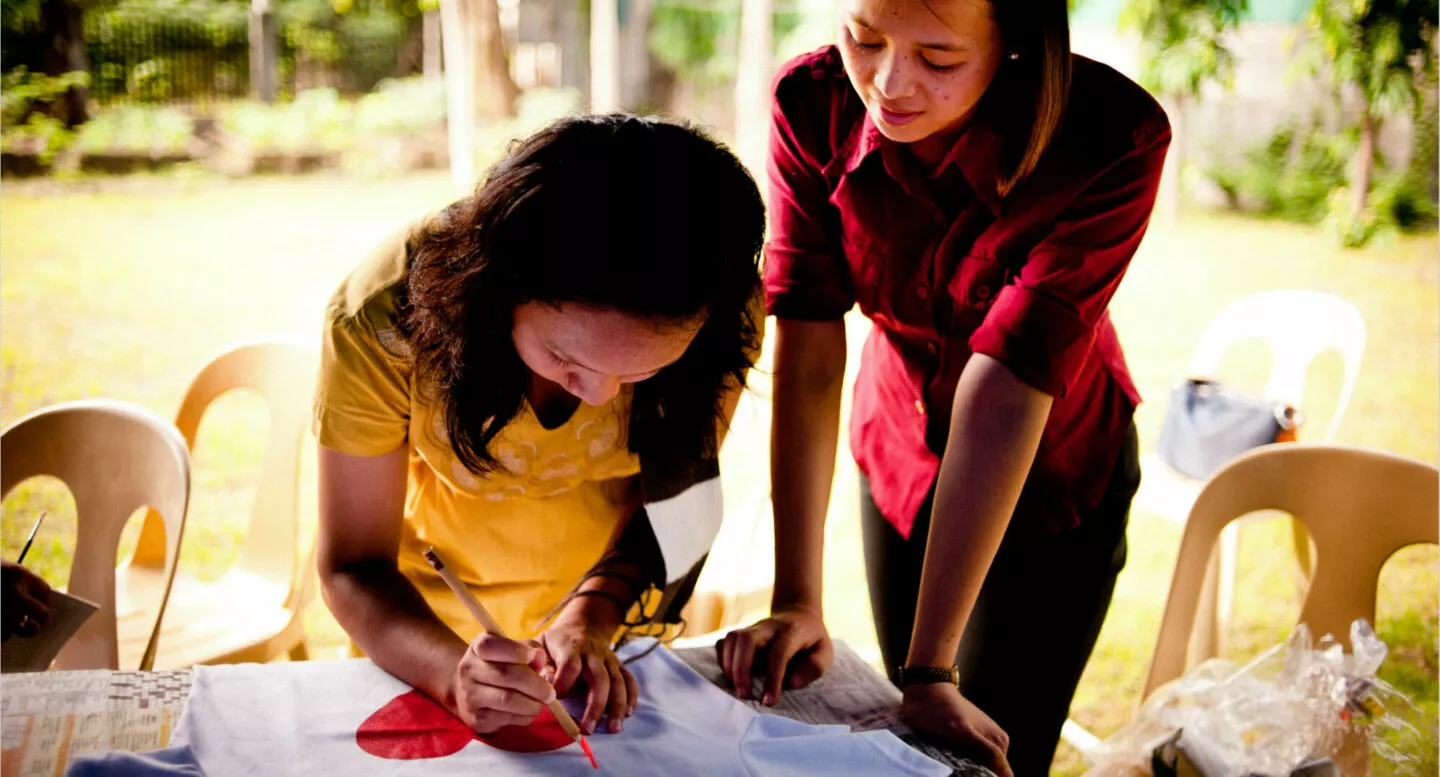2005-2010
Bill & Melinda Gates Foundation: Project Lantern
Dramatic Reduction of Commercial Sexual Exploitation of Children in the Philippines

INTRODUCTION:
In 2005, a $5 million grant from the Bill & Melinda Gates Foundation was awarded to build the capacity of local law enforcement and the local justice system to effectively enforce the anti-human trafficking law as a critical component of combatting commercial sexual exploitation of children in the Philippines. In order to do so, the grant allowed IJM to resource a new field office in Cebu to combat the crime, and IJM named the initiative “Project Lantern.”
THE PROBLEM:
Sex trafficking of children in the Philippines
A baseline prevalence study of commercial sex establishments in metro Cebu revealed that nearly 6% of all people sold for sex were minors. This represents hundreds of children being trafficked and abused several times a day, every day.
With this grant, IJM was truly able to put our theory of change to the test and ask the question: can under-resourced local police forces and courts effectively enforce the law against perpetrators of violence in order to protect vulnerable women and children and reduce the prevalence of sex trafficking?

THE SOLUTION:
Developing the capacity of the justice system
Collaboration with local law enforcement has always been an integral component of IJM’s work. IJM on its own has no standing to remove child victims from criminal exploitation or to apprehend suspected perpetrators. Law enforcement is uniquely the purview of local government, and from the very beginning, the work of Project Lantern was designed to develop law enforcement capacity in the Philippines.
Over the course of five years, Project Lantern provided competency enhancement trainings for prosecutors, judges and court personnel, law enforcement officers, the Philippine Department of Labor and Employment, the Philippine Department of Social Welfare and Development, private aftercare providers, local governments, and community organizations.
The program drafted and disseminated best practices manuals, guidebooks, training curricula, and other reference materials to ensure that stakeholders had accurate and accessible information to equip their own personnel for anti-trafficking activities.
Project Lantern also inspired significant innovation in services for survivors of sex trafficking: the creation of Reintegration Support Networks (RSNs). In RSNs, survivors can access a safe, victim-friendly space in the community to receive support and services from professionals working or living nearby. Accessing an RSN has been shown to improve participants’ health, economic empowerment, education, psychosocial support, and spiritual formation.
Key Findings and Results

Crime plummeted
Project Lantern contributed to a 72% drop in the prevalence of children available for sex in the Cebu metro area.
The justice system grew stronger
The public justice system became increasingly capable and mobilized to deter sex traffickers, and improved its police operations, services to rescued victims and prosecution of criminals.
Law enforcement delivered strong results
Law enforcement activities from March 2007 to October 2010 resulted in 225 victims rescued and 87 suspected traffickers arrested.
MOVING FORWARD
The Philippine justice system owned and sustained the improvements gained from Project Lantern such that IJM has been able to end its case-by-case collaboration on child trafficking in the area. The authorities now address those cases professionally and reliably on their own.
Today, because of the confidence built with the government and local officials, the Philippines government has requested continued IJM assistance on a related casework type: the online sexual exploitation of children. The crime involves children being placed before a webcam and instructed to engage in sexual activity, often directed by the purchaser, who is viewing the exploitation in real time. Investigation of the crime requires significant law enforcement capacity to secure evidence and track purchasers and exploiters around the world.